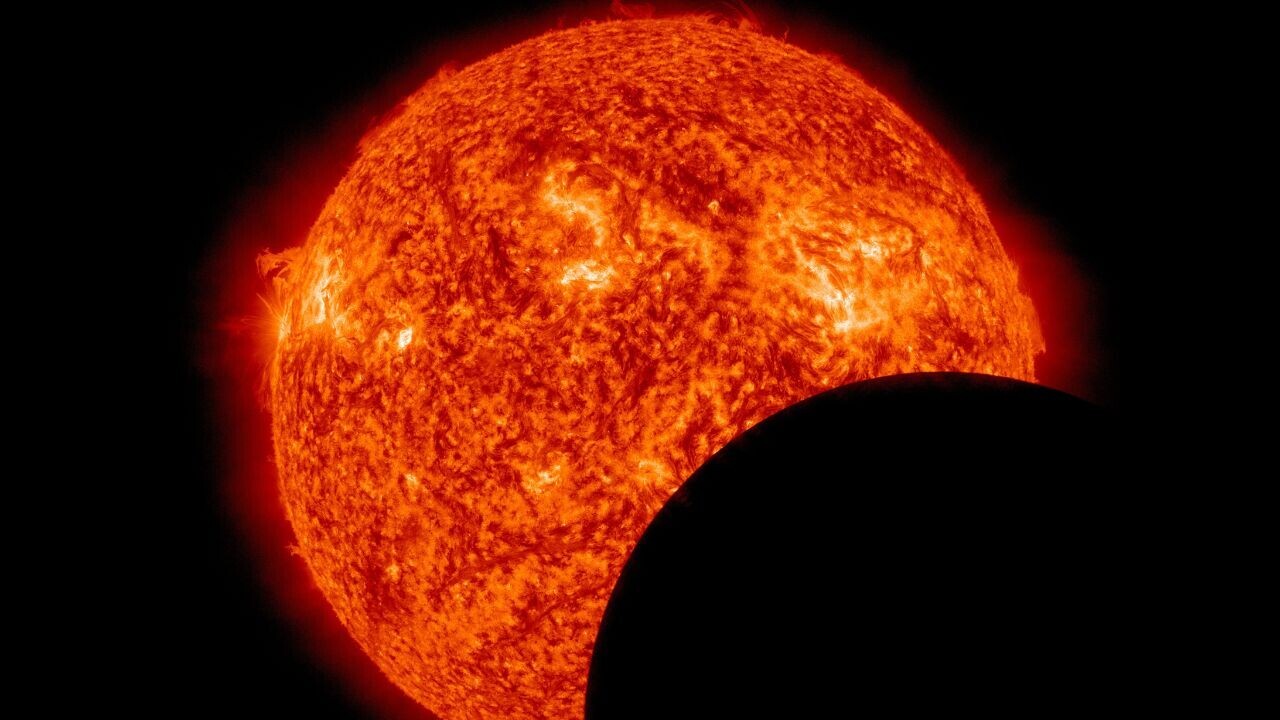
The UK hopes to produce water on the Moon with a space mirror that reflects solar rays onto lunar ice.
The device is the brainchild of the British Interplanetary Society (BIS), the world’s oldest space advocacy organisation. Boffins at the BIS named the device “Ganymede’s Chalice,” after a mythical cup that turns mortals into Gods.
On the moon, their elixir is frozen. They want to melt it into water through a technique called solar concentration.
Automated cranes will first place the lunar ice into an air-locked crucible. A curved mirror will then reflect sunlight onto the ice.
Using heat from the concentrated rays, the BIS plans to boil the components one-by-one. Each of them will then be stored in safe and compact forms.
Finally, the system will condense the components into pure, drinkable water.
It may sound like fantasy, but the British government believes the vision can become a reality.
Moon bases
The UK Space Agency has invested £30,000 into the BIS project.
The cash comes from a £300,000 funding pot that’s been shared across 10 different technologies. All of them aim to purify ice frozen in the Moon’s soil.
One of them plans to produce sound waves that remove contaminants from water. Another diverts UV light from LEDs to break down harmful components from lunar soil.
These futuristic ideas could have a market in just a few years. NASA aims to establish a lunar base by the end of the decade. To sustain human life, the camp will need a reliable water source.
The 10 technologies are competing to create that supply. Their inventors now have until spring 2025 to develop their concepts. The three best will then win a further £300,000 between them.
Although they’re all dreaming of space, their systems could still be deployed closer to home. If all goes to plan, the tech will also expand access to water on Earth.
Get the TNW newsletter
Get the most important tech news in your inbox each week.





